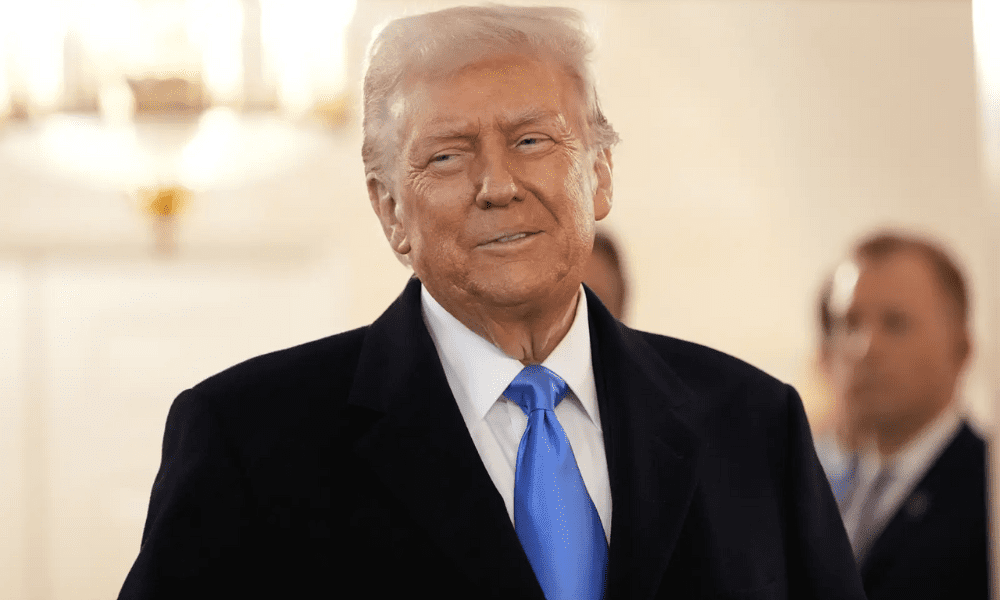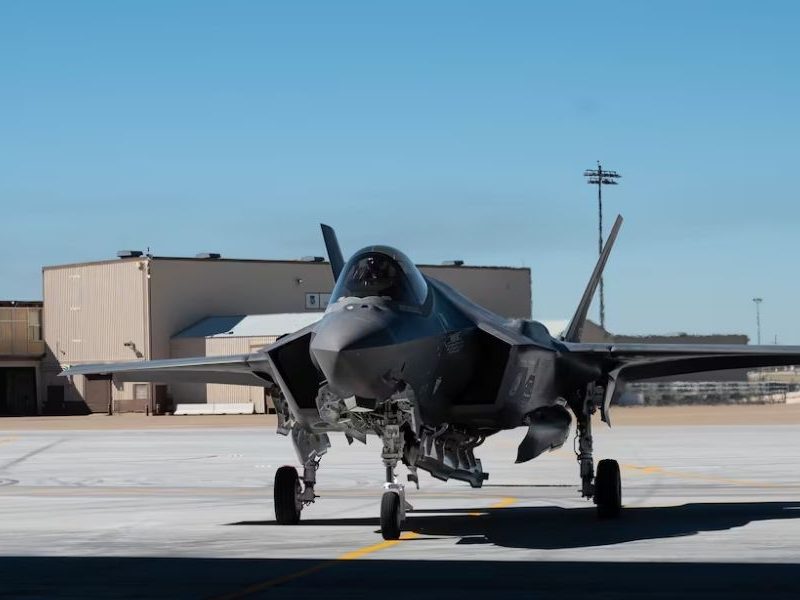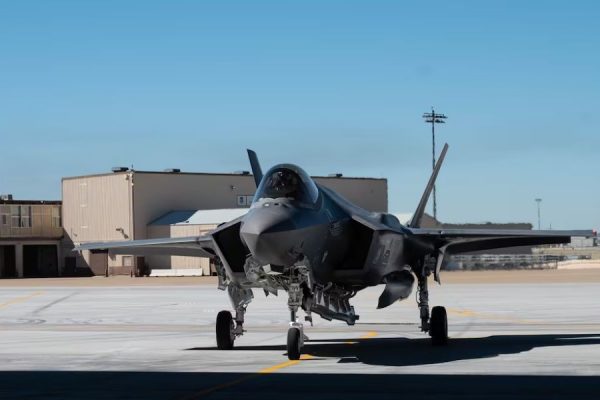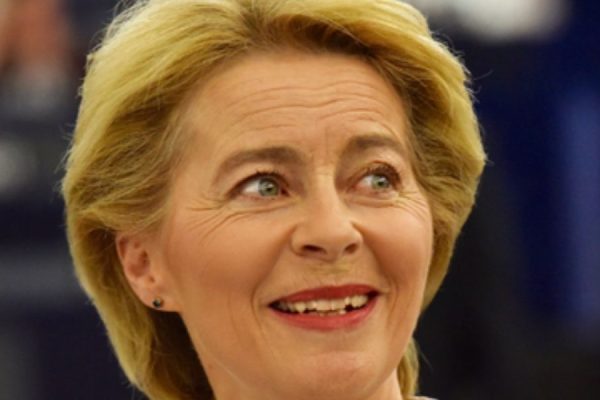Brussels: NATO and Ukraine are scrambling to secure their positions as former U.S. President Donald Trump faces accusations of surrendering to Russian President Vladimir Putin. Trump’s recent statements and policy shifts have triggered concerns among NATO allies, signaling a drastic change in America’s approach to European security.
Trump’s Shift in Foreign Policy
Trump’s administration has indicated a move away from decades of U.S. foreign policy that prioritized European and Ukrainian security. His recent phone call with Putin, where he took a conciliatory stance, has raised alarm in Ukraine. Former National Security Adviser John Bolton even accused Trump of having “effectively surrendered” to Putin.
This comes after U.S. Secretary of Defense Pete Hegseth suggested that the war between Ukraine and Russia “must end,” adding that Ukraine’s NATO membership is unrealistic. Hegseth also emphasized that the U.S. would shift focus from European security to strengthening its own borders and countering China.
NATO’s Growing Concerns
Trump’s stance has left NATO in a state of uncertainty. European leaders fear that a diminished U.S. role in NATO could weaken the alliance and embolden Russia. Ukraine, which has relied on U.S. support to counter Russia’s invasion, now faces uncertainty about continued military and financial aid.
NATO members are working to reinforce their commitments, but without strong U.S. backing, their strategy may be significantly weakened. European allies have already begun discussing alternative defense plans to ensure continued support for Ukraine.
Ukraine’s Response to the Policy Shift
Ukrainian officials are seeking assurances from NATO and European leaders that support will not be withdrawn. Kyiv has warned that any reduction in U.S. aid could give Russia the upper hand in the war. Ukrainian President Volodymyr Zelensky has urged Western allies to maintain pressure on Moscow, arguing that a weakened response could encourage further aggression.
Despite the uncertainty, Ukraine continues to push for closer ties with NATO, even as U.S. officials downplay the possibility of membership. European nations, including Germany and France, have reaffirmed their commitment to Ukraine, but concerns remain over their ability to provide long-term military support without U.S. assistance.
What Happens Next?
The coming months will be crucial in determining the future of NATO’s stance on Ukraine. If Trump continues to signal a retreat from European security, NATO may have to rethink its strategy. European nations could be forced to increase their defense spending and take on a greater leadership role in supporting Ukraine.
For now, Ukraine remains caught in the middle of shifting global alliances. While NATO scrambles to respond, Russia may see an opportunity to advance its interests if the U.S. reduces its involvement. The future of Ukraine—and the stability of Europe—could depend on how NATO adapts to these evolving challenges.












